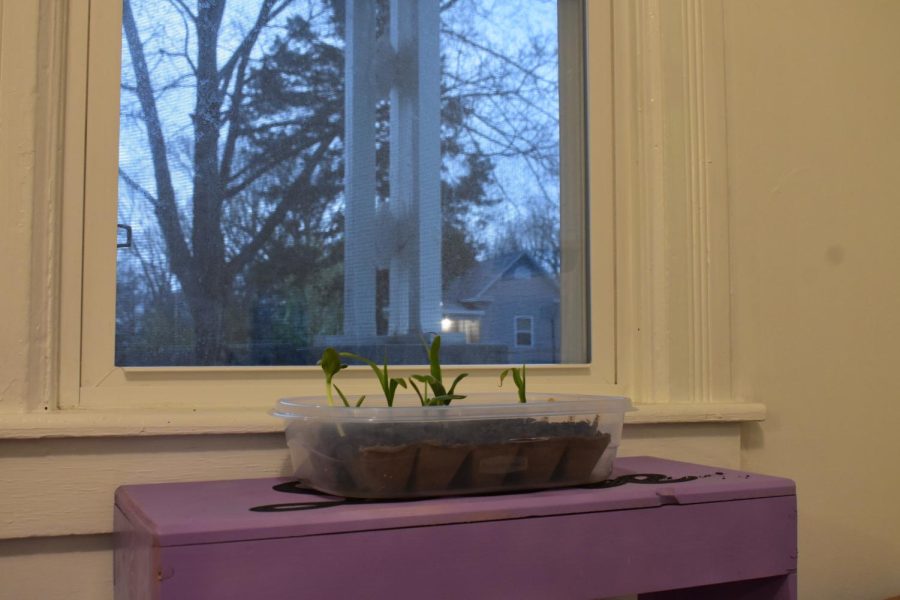Anyone Can Own a Garden, But Only a Few Can Make it Grow: Here’s How!
April 15, 2022
Raising a garden is not something new to most people here in Fair Grove. A majority of us are farmers, or at least have lived near a farm. There are plenty of people who have never attempted a garden on their own though, and with each spring is a new beginning to try new things! If you are interested in raising a garden on your own, then keep reading! We will recap things from the seedlings article written previously, as well as provide lots of new information for new gardeners.
First we’ll quickly go over previous information. Review never hurts, and if you haven’t read the seedling article then this sums that article up for you! First is to be mindful about the plants you pick. Take note of what your neighbors might be growing, since good gardeners often have surplus to give away. If you are growing flowers, then look up what kind of insects those flowers attract and keep that in mind. Next is to prepare your soil. It’s worthwhile to pick out a tub to become your compost box, and to make your own fertilizer that can be worked into the soil of your garden. If this option doesn’t work for you, then look into various natural fertilizers at green houses near you and pick out one with ingredients you like. Lastly, if you are transplanting seedlings or pre grown plants, your soil should be oversaturated with water to the point it’s pooling on the surface. This keeps the roots from pulling in air, which can be harmful to the plant.
Now that your plants are in the dirt, the real work begins. Taking care of a garden can be tedious, but it’s very worth it in the end. There are some important things to keep in mind. Your flowers and or vegetables will drink the most amount of water in the morning. When the first rays of sun hit their leaves, the plants “wake up” and will start to pull moisture from the soil. Watering them at this time or even a bit before is ideal. You also want to water close to the roots and not on the leaves. Excess water on the leaves weighs them down and can waterlog them, making photosynthesis more difficult for the plant. If you want to use fertilizer that isn’t compost, then it’s best to mix the fertilizer into your watering pail, unless the instructions require something different. Most fertilizers are dense enough to be harmful to plants, so you should dilute them into your gardening water, not to mention you are spreading out your fertilizer evenly and crossing off one of the many chores you have to do.
Next is weeding. Purple nettle, dandelions, and grass are common plants to pop up in your garden. These can suck nutrients from the plants you’re trying to grow, so they need to be removed. Some of these plants can be used as medicinal herbs and/or tea. We’ll go over that in our next article, so for now, go ahead and throw out the weeds you’re picking. While it might be a pain, it’s a good idea to pull weeds daily, or at least once a week. It’s much easier on your hands and back to pull one or two baby weeds a day than to crouch down at the end of the month and spend hours picking fully developed weeds.
My last piece of advice is to do your own research about the plants you picked. All of this broad information is useful, but when it comes to things like pruning, harvesting, and preparing what you grow, that depends all on the plant you choose. It is worth it to look up the specific plants you chose and learn what they need to thrive. You might learn some helpful tips or cool fun facts you could never imagine.
